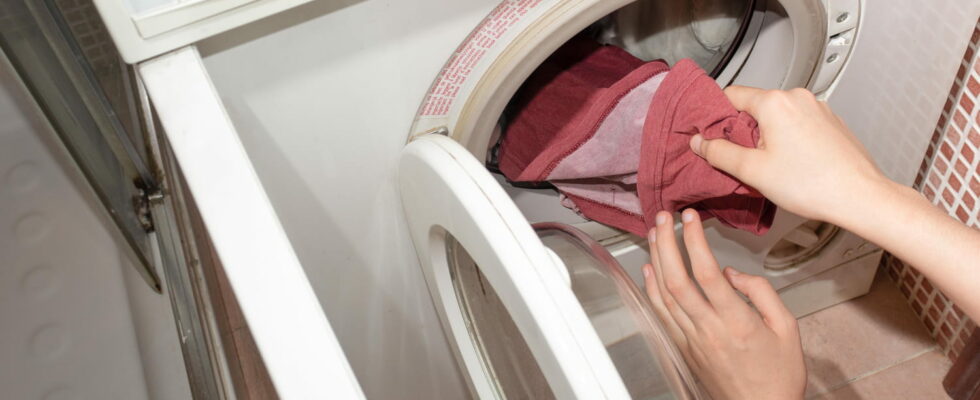Goodbye stains! This is the product that our grandmothers put in their washing machine to have impeccable clothes.
Doing laundry is often a headache, especially when there are stubborn stains. Have you tried all the miracle products sold in stores, but nothing works? We have a solution that will revolutionize the way you wash your clothes. There is a product that will allow you to say goodbye to stains without scrubbing, and a tablespoon will be enough to make your clothes look like new again, a trick that grandmothers already used in their washing machines.
This magical product is baking soda, a product that you probably already have in your cupboards. It has long been an essential ally for household chores. This natural and economical product is famous for its cleaning, anti-limescale, deodorizing and softening properties. When you add a little baking soda to your washing machine, it works like magic to remove stubborn stains and freshen up your clothes.
How does it work? Baking soda has several properties that make it particularly effective for laundry. Its slightly abrasive texture helps dislodge embedded dirt without damaging fabric fibers. As an alkaline compound, it neutralizes acids and balances the pH of water, which boosts the effectiveness of detergents. In addition, it softens water, which allows detergents to better penetrate fabrics and remove stains more effectively.
To use baking soda in the washing machine, simply add half a cup of the product to the drum of the machine, in addition to your usual detergent. For very stained clothes, you can also prepare a paste with baking soda and water, to apply directly to the stains before washing.
Aside from its effectiveness in removing stains, baking soda has other benefits. It deodorizes clothes, eliminating unpleasant odors without masking scents with chemicals. Plus, it’s gentle on fabrics, which helps extend the life of your clothes. Used regularly, it also helps keep your washing machine clean by preventing the buildup of soap and mineral residue.
Be careful, however, not to use this method for wool and silk garments, the fibers of which are particularly sensitive to alkalis and must be washed with a detergent specially designed for this purpose.
